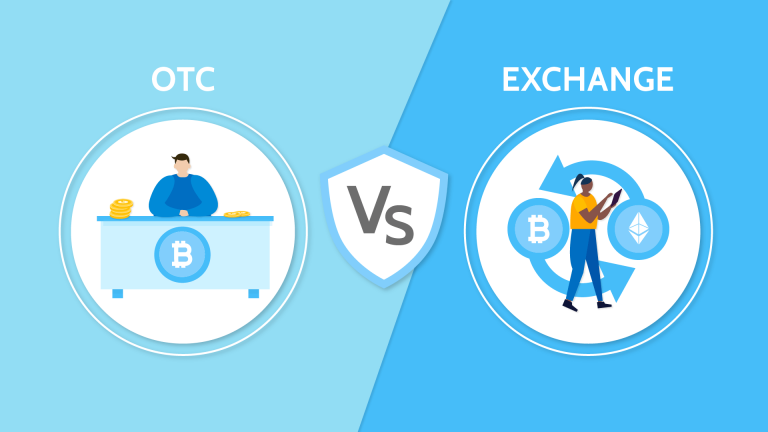What is Anti-Money Laundering (AML)

In recent times, the global financial landscape has witnessed a surge in the adoption of cryptocurrencies and blockchain technology. With this rapid growth comes the need for robust regulatory frameworks to safeguard against illicit activities such as money laundering. In light of recent events involving KuCoin and its founders flouting U.S. Anti-Money Laundering (AML) laws, it becomes imperative to delve deeper into what AML laws entail and why they are crucial for maintaining the integrity of the financial system.
Introduction
Where transactions happen at the blink of an eye and fortunes can be made overnight, there lurks a shadow: money laundering. But fear not, for there exists a shield against this nefarious practice in the form of Anti-Money Laundering (AML) laws. Let’s dive into the depths of this topic to understand its essence and importance.
What Exactly Are Anti-Money Laundering (AML) Laws?

Anti-Money Laundering laws are regulations crafted to combat the disguising of illegally obtained funds as legitimate income. Imagine a thief trying to sneak into a masquerade ball, dressed as a nobleman. AML laws are like the vigilant gatekeepers, scrutinizing each guest to ensure none carry the stain of ill-gotten gains.
Related: What is Know Your Customer (KYC Verification)
Why Do We Need AML Laws?
In a world where money can be moved across borders with a click, criminals have found ingenious ways to wash their dirty funds. AML laws act as the guardians of financial integrity, preventing the infusion of tainted money into the bloodstream of the economy. Without these laws, the financial system would resemble a murky swamp, teeming with hidden dangers.
How Do AML Laws Work?
AML laws operate on multiple fronts. They mandate financial institutions to implement robust procedures for customer due diligence, transaction monitoring, and reporting of suspicious activities. It’s akin to installing security cameras in a bank, constantly vigilant for any signs of foul play.
The Key Players in AML Compliance
In the realm of AML compliance, several entities play pivotal roles. Regulatory bodies set the rules of engagement, while financial institutions act as the frontline defenders, ensuring adherence to these rules. Law enforcement agencies stand ready to pounce on any wrongdoers, bringing them to justice.
Recent Events: A Wake-Up Call
The recent indictment of KuCoin and its founders, Chun Gan and Ke Tang, serves as a stark reminder of the importance of AML compliance. By flouting AML laws, they not only jeopardized the integrity of their platform but also tarnished the reputation of the entire cryptocurrency industry.
Challenges in AML Compliance
While AML laws are crucial, their implementation poses significant challenges. The borderless nature of cryptocurrencies, coupled with evolving money laundering techniques, creates a constantly shifting battlefield. It’s like trying to catch a slippery fish in a vast ocean.
The Role of Technology in AML Compliance
In the fight against money laundering, technology emerges as a potent ally. Blockchain analytics tools, artificial intelligence, and machine learning algorithms empower financial institutions to detect and deter illicit activities with unprecedented accuracy. It’s akin to arming the guardians with state-of-the-art weaponry.
Related: CoinCola transforms cryptocurrency trading using Onfido identity verification How to Check Your Cryptocurrency Transaction Status
Global Efforts in AML Compliance
Money laundering knows no borders, which is why global cooperation is essential in combating this menace. Through initiatives like the Financial Action Task Force (FATF), countries unite their efforts, sharing intelligence and coordinating enforcement actions. It’s like forming a united front against a common enemy.
Conclusion
In a world where trust is the currency that fuels economic transactions, Anti-Money Laundering laws serve as the guardians of integrity. By upholding these laws, we fortify the foundations of our financial system, ensuring that it remains resilient against the onslaught of criminal elements.
FAQs
AML laws impose stringent requirements on cryptocurrency exchanges, compelling them to implement robust compliance measures to prevent money laundering.
Absolutely. Individuals, including executives of financial institutions, can face severe penalties for AML violations, ranging from hefty fines to imprisonment.
Criminals are adept at exploiting loopholes in AML laws, often leveraging innovative techniques and technology to evade detection. Hence, regulatory bodies continually strive to enhance and adapt these laws to counter emerging threats.
Vigilance is key. Citizens can report any suspicious financial activities to the relevant authorities, thereby aiding in the detection and prevention of money laundering.
While AML laws serve as a crucial deterrent, eradicating money laundering entirely remains a daunting challenge. However, concerted efforts and technological advancements continue to bolster our defenses against this pervasive threat.




